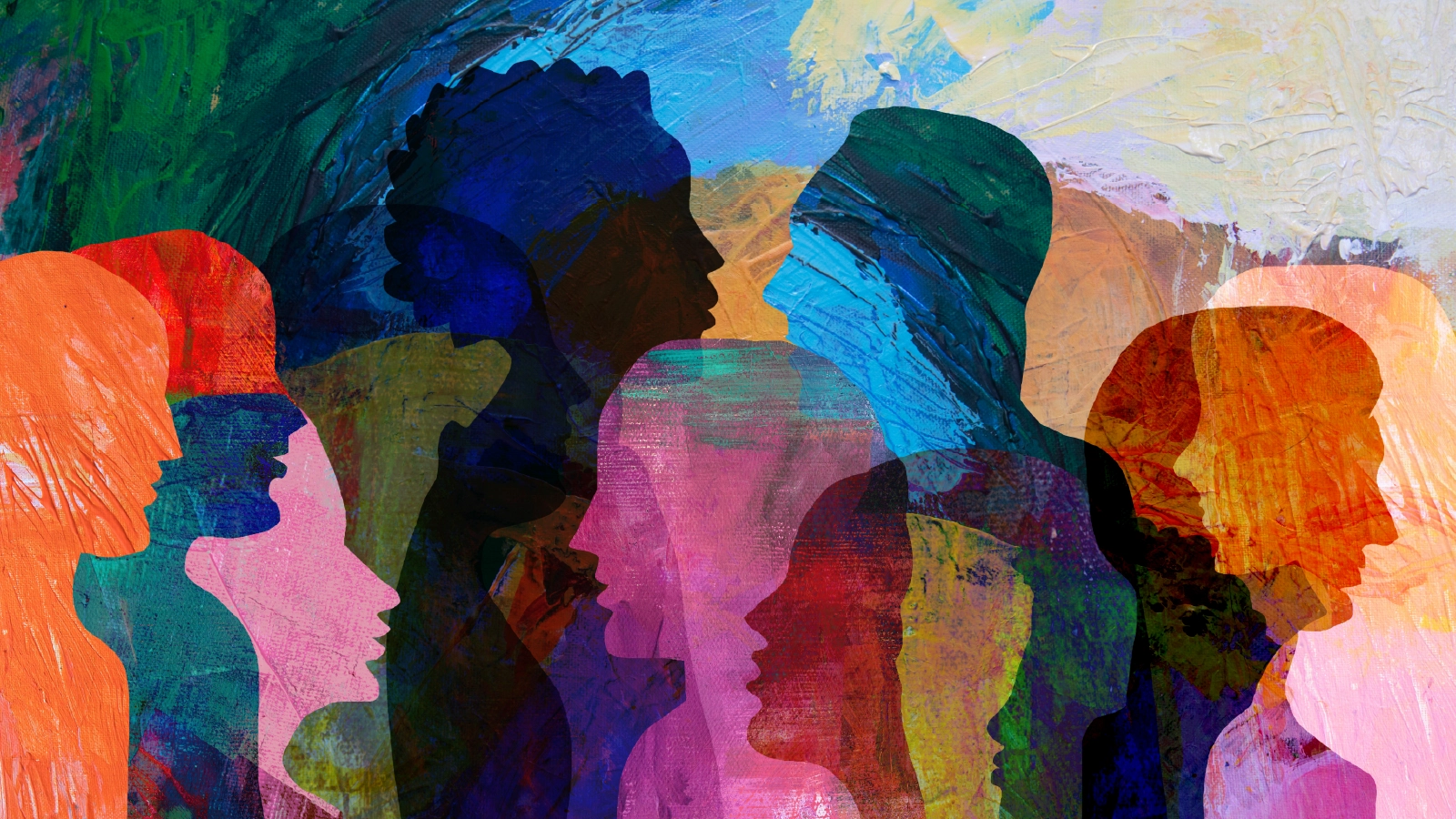Communication
A Q&A with the course leader of Intercultural Communication for Global Business
Communication
A Q&A with the course leader of Intercultural Communication for Global Business
Meet Kasia Lanucha, Intercultural Trainer and Coach at the University of Cambridge
What is your favourite part about the field of intercultural communication?
It’s so universal. Culture doesn’t equal country. Cultural difference can be linked to professional, generational, gender, organisational, industry-specific or regional differences (to name only a few). Stopping for a moment and reflecting on how the way we ‘do things’ seems universal and feels ‘right’ is so important because in reality, it’s only ‘universal’ and ‘right’ for us. Intercultural competence promotes openness and empathy in general, not only when interacting with individuals from other countries, but also any other human beings who, by default, are very different from us. Trying to understand the other person through the lens of their values, just like we do when looking at national differences, is something that can help us becoming more accommodating and effective in communication, both in an occupational and personal sphere (and across every cultural layer).
What are the big issues/key challenges in the field of intercultural communication?
International companies have always been working remotely across different countries and time zones. But the pandemic has changed a lot. Suddenly, it was no longer possible to travel and all communication had to be moved online and online is here to stay. Every communication is vulnerable online, let alone between people with different interaction and working practices. Communication is more transactional, more formal and more effort needs to be made to build relationships, especially with new people. A new study has revealed that we are much quicker to judge others, and more likely to stereotype when working remotely. Unable to bring people together for intercultural training, there’s been a lot of focus on effective online communication and remote team building training.
Tell us something interesting about your research or any projects you have worked on Intercultural Communication
Working with different companies from all over the world, cultural differences are often disregarded as a possible aspect causing friction. Instead, other, more generic challenges are evoked such as ‘bad communication skills,’ or ‘bad management skills.’ As much as a mismatch in the level of language proficiency can be an issue, other categories are indeed linked to different perceptions of ‘good communication’ or ‘good management skills’ after consulting teams at the local level. What we judge as ‘good’ or ‘bad’ is very much linked to culture. It’s really rewarding to be able to get to the bottom of some of the issues teams might be facing and support them in the creation of a new ‘we’ where there’s not only more appreciation of different working preferences but also a real synergy enriched by the diversity of everyone involved.
What do you hope learners will gain from this course?
Learners will have a wonderful opportunity to meet and learn from a diverse group of professionals. They will not only become familiar with research from the field of intercultural studies, but will have a chance to practically experience and apply everything they’ve learnt. As part of the ongoing assessment, learners will be interacting with others both asynchronously and in real time during workshops, which provide a great opportunity to learn about other people’s views, perspectives and their ‘normal’. This will help increase awareness and promotes curiosity – two skills that are key when it comes to working across cultures. One of the biggest strengths of this programme is its cohort – cultures don’t communicate, people do! It will be a great opportunity for participants to network with other professionals from different industries and roles, and reflect on how other people’s cultures clash.
What have your students taught you over the years?
Every communication is contextual and should be seen as such. We should be very careful when generalising, not only about nationality, but also about any other group, such as, generation, gender, profession or educational background. This comes up a lot in the discussions we have. Another interesting thing is that many of the students I’ve worked with are bi- or multilingual and well-travelled, and have lived and/or worked in different parts of the world. They often say that they’ve learnt to fit in when needed and hold a set of (sometimes conflicting) values. They are not always fully aware of the different cultures they are living in and sometimes discover it in our sessions. For example, they might discover that some of the cultures they are familiar with are associated with a place or with people i.e. their parent(s).
Explore our range of online courses led by University of Cambridge academics, and learn from thought leaders at the forefront of academic research. Visit our website for more information: advanceonline.cam.ac.uk(Opens in a new window).




